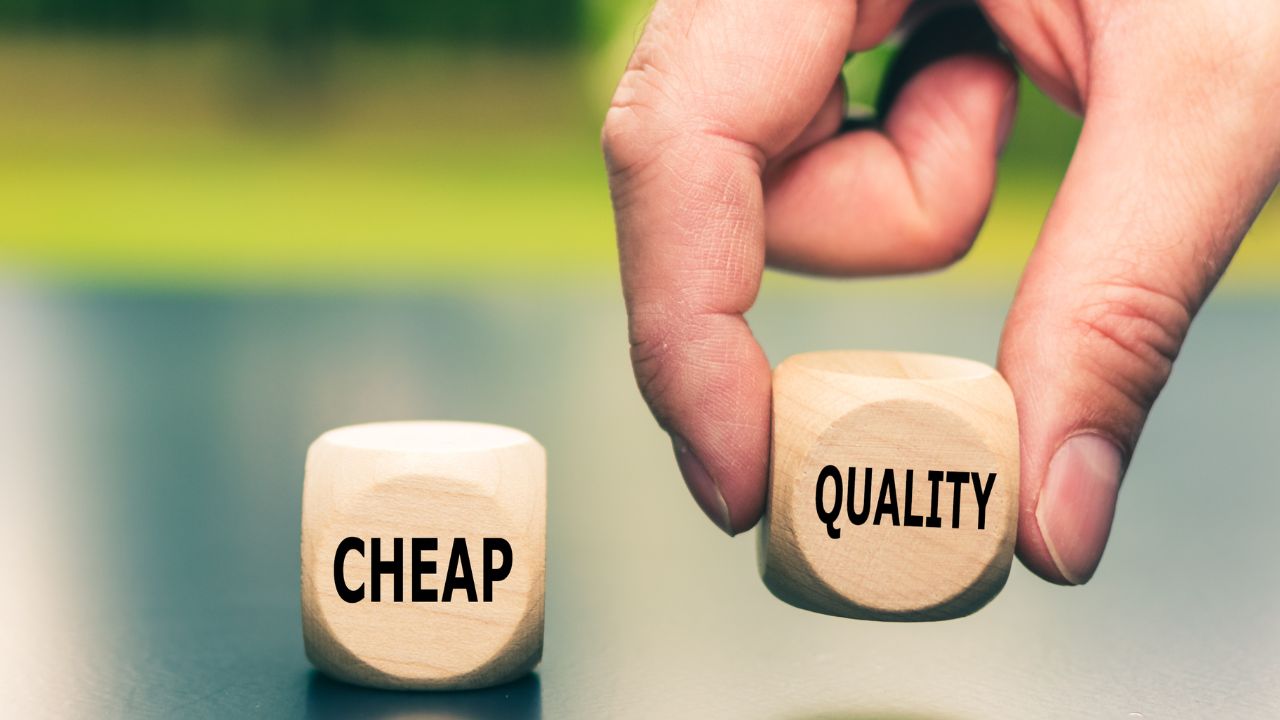
As preppers, we know the value of quality. Buying the cheapest items might seem economical, but it often leads to more frequent replacements. Invest in durable, reliable products that won’t let you down when it counts.
2. Extreme Couponing with Caution
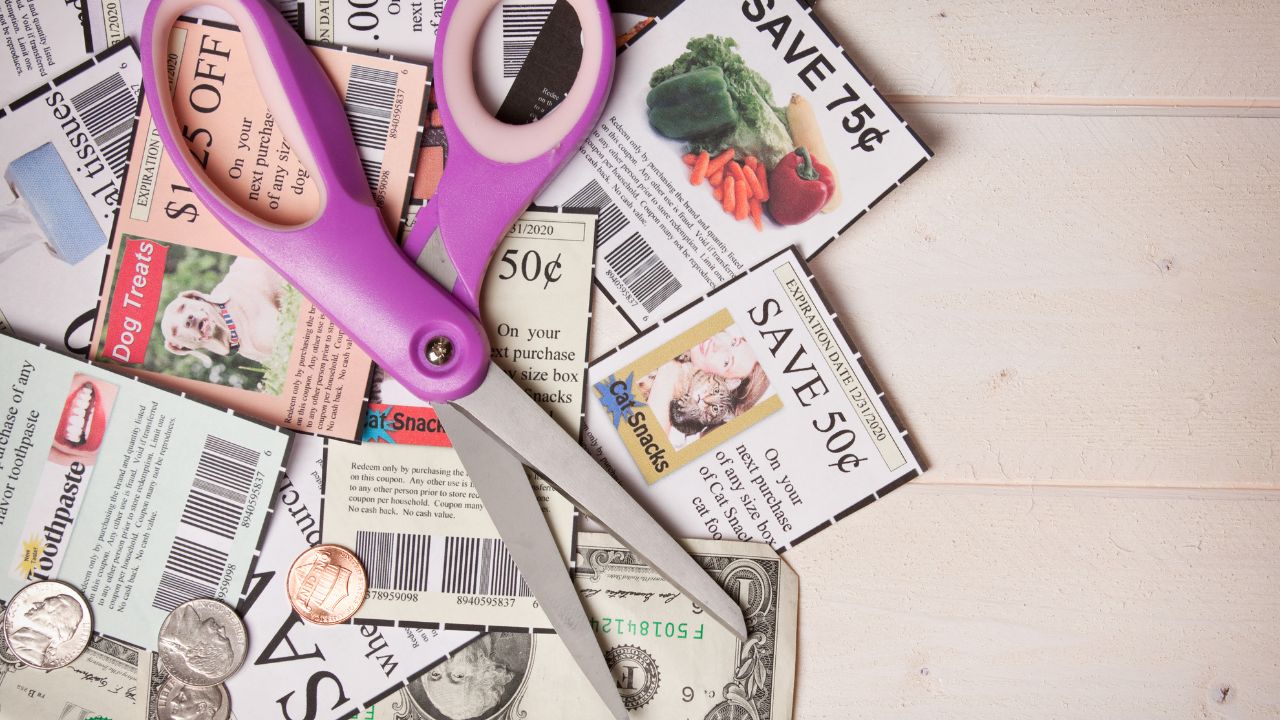
Coupons can be a boon, but they can also tempt us into unnecessary purchases. Stay focused on essentials and resist the lure of buying something just because it’s a “good deal.”
3. The Importance of Insurance
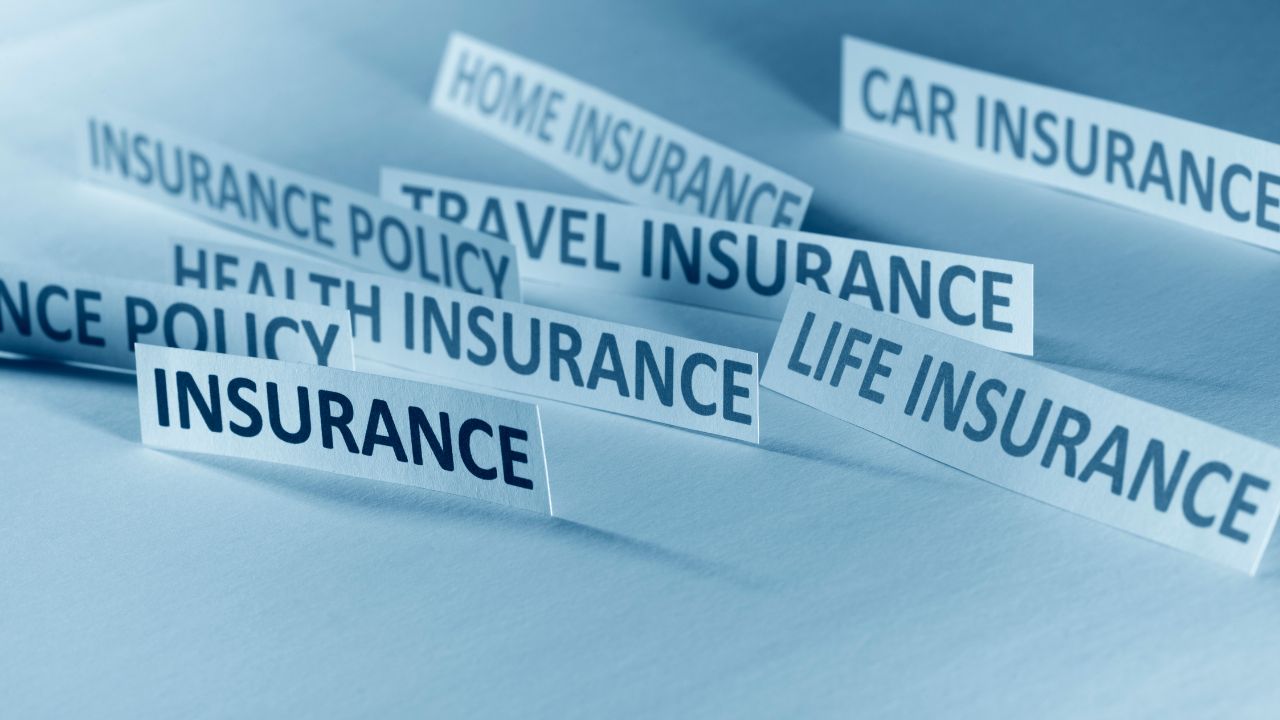
Insurance might seem like an avoidable expense, but in a crisis, it’s a safety net. Whether it’s health, home, or auto insurance, adequate coverage protects against catastrophic financial loss.
4. Wise Bulk Buying
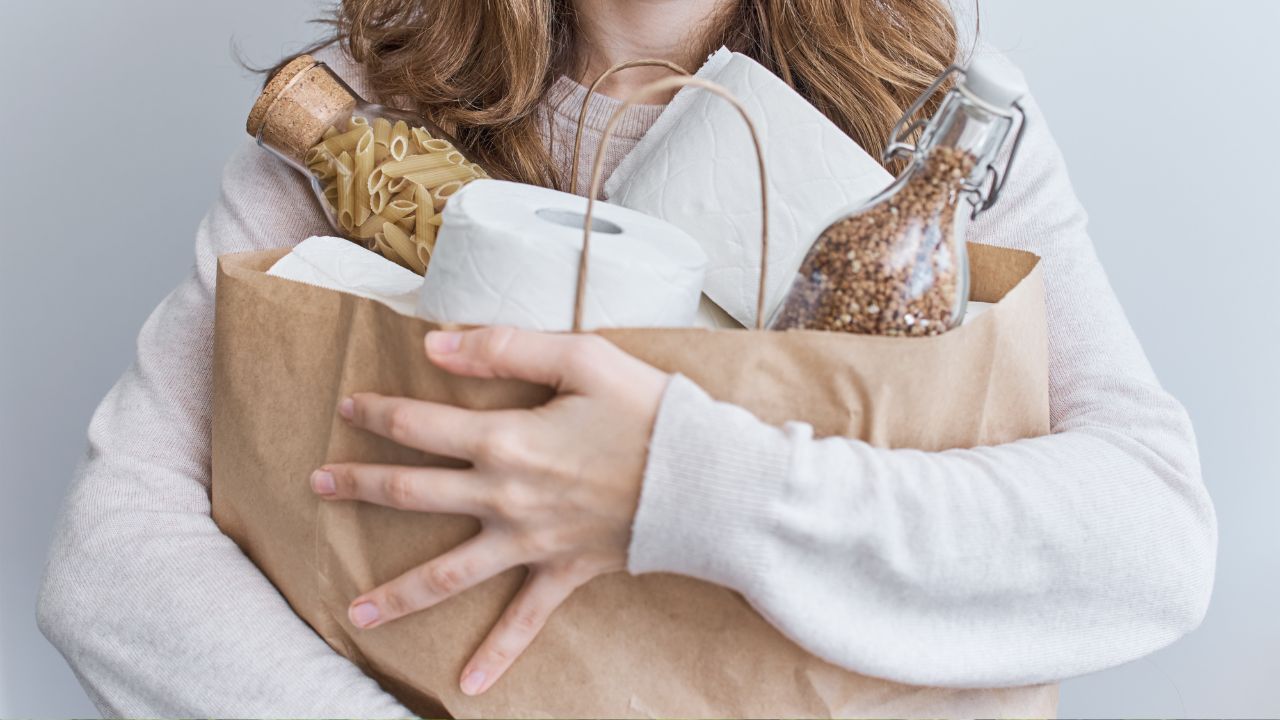
Buying in bulk is a classic prepper move, but it requires careful planning. Ensure you can use or store all your bulk purchases to avoid waste and save money effectively.
5. Choosing Used Items Wisely
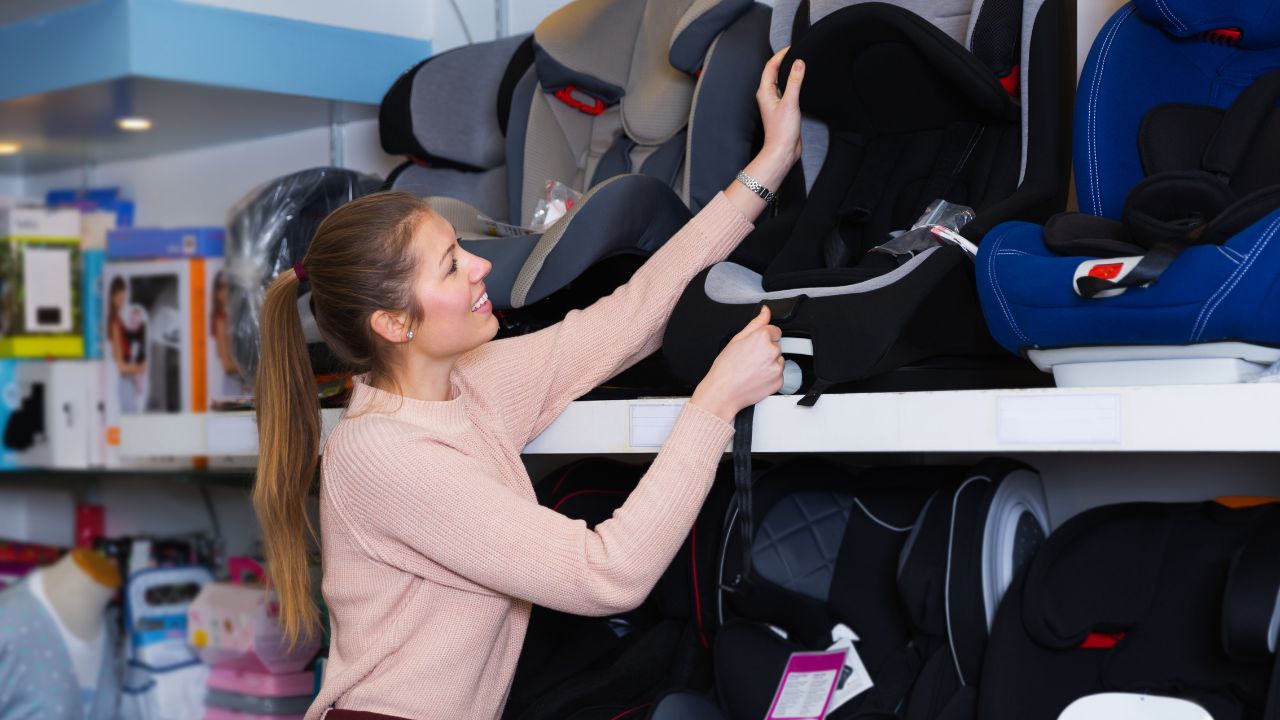
While second-hand gear can be cost-effective, some items should be bought new for safety reasons. Items like car seats or helmets, where safety standards are crucial, are worth the extra expense.
6. Knowing When to DIY
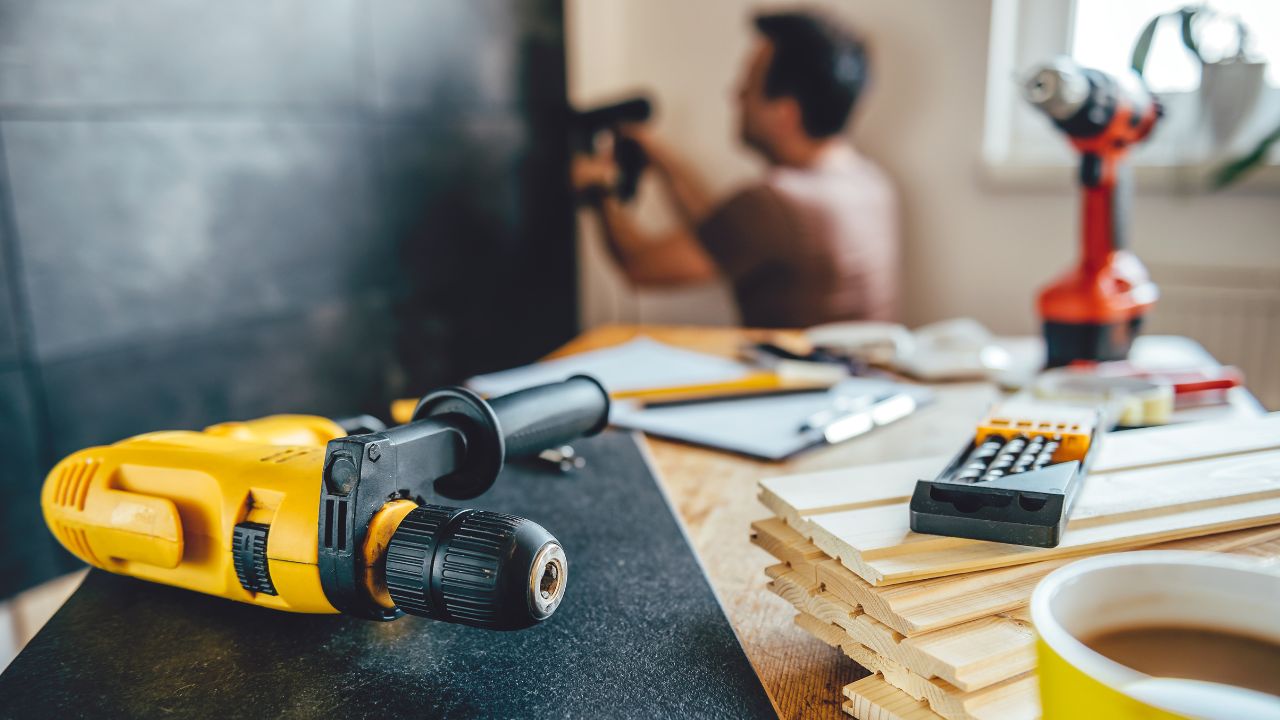
DIY skills are a prepper’s asset, but knowing when to call in professionals is just as important. For complex tasks like electrical or plumbing work, a professional’s touch can save money in the long run by avoiding costly mistakes.
7. The Cost of Neglecting Maintenance

Regular maintenance, be it for your vehicle or home, prevents larger expenses down the line. Proactive upkeep is a key principle in preparedness, ensuring everything functions when needed most.
8. Responsible Use of Credit Card Rewards
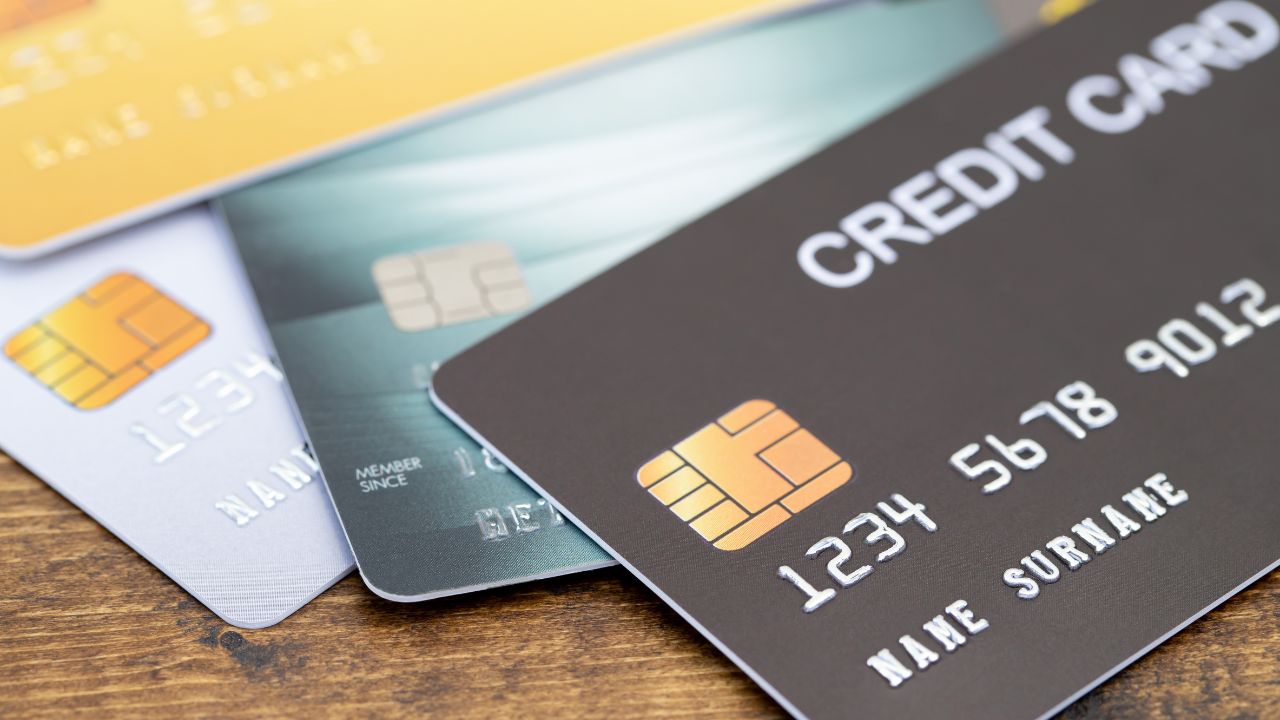
Credit cards with rewards can be beneficial, but not if they encourage overspending. Remember, the interest and fees can quickly negate any benefits. Use them wisely and pay off balances to avoid falling into a debt trap.
9. Choosing Insurance with Adequate Coverage
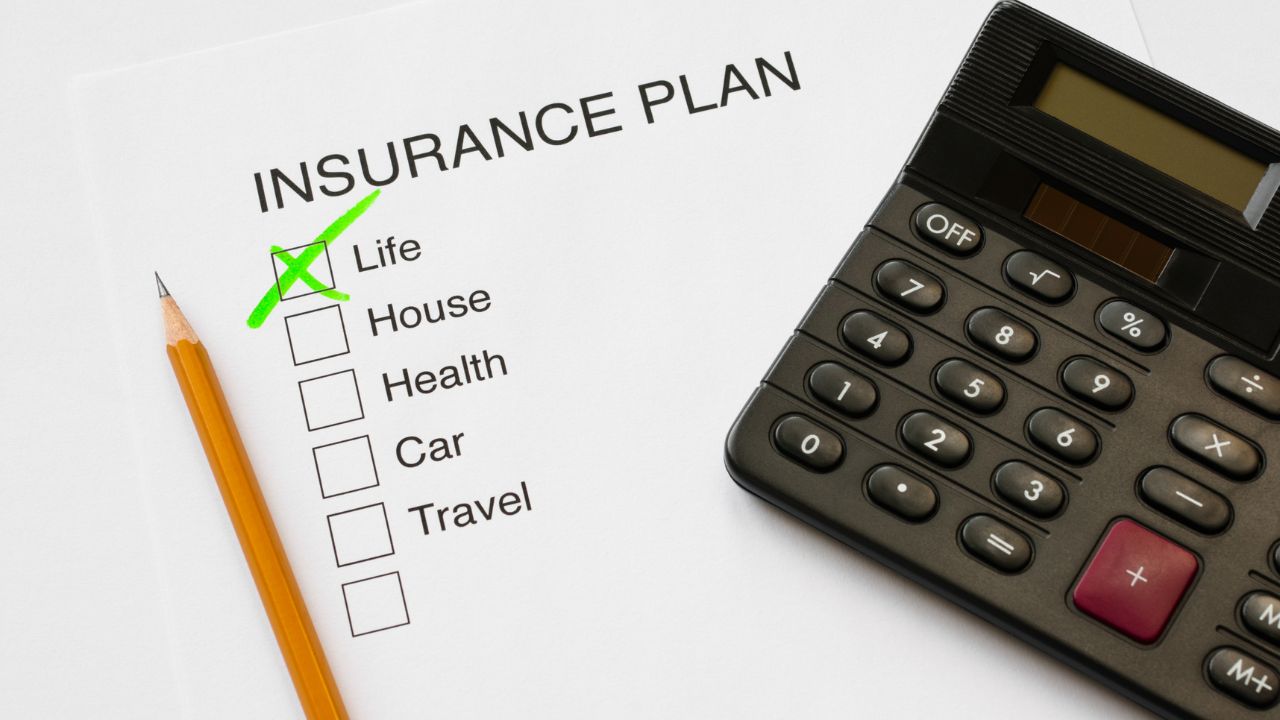
Opting for the lowest insurance premium might seem like a money-saver, but it can be risky. Choose plans with sufficient coverage to avoid hefty out-of-pocket expenses in emergencies.
10. Prioritizing Health over Short-Term Savings

Skipping healthcare to save money is a false economy. Regular check-ups and treatments are essential to prevent more serious and costly health issues later. As preppers, our health is our most valuable asset.
11. Mortgage Interest and Tax Deductions

While leveraging a mortgage interest tax deduction can be smart, don’t fall into the trap of paying more interest just for this benefit. Analyze the long-term financial impact before making such decisions.
12. Smart Sale Purchases

It’s easy to get carried away with sales, but buying items you don’t need is wasteful spending. Implement a waiting period for purchases to ensure you’re making wise decisions.
13. The Long-Term View on Refinancing

Refinancing your home can offer immediate relief but consider the long-term implications. Extending a loan term might mean more interest paid over time.
14. Fuel Savings vs. Time and Wear

Driving extra miles for cheaper gas often doesn’t pay off when considering the additional fuel, time, and vehicle wear. Calculate the real cost before going out of your way.
15. The Drawback of Store Credit Cards
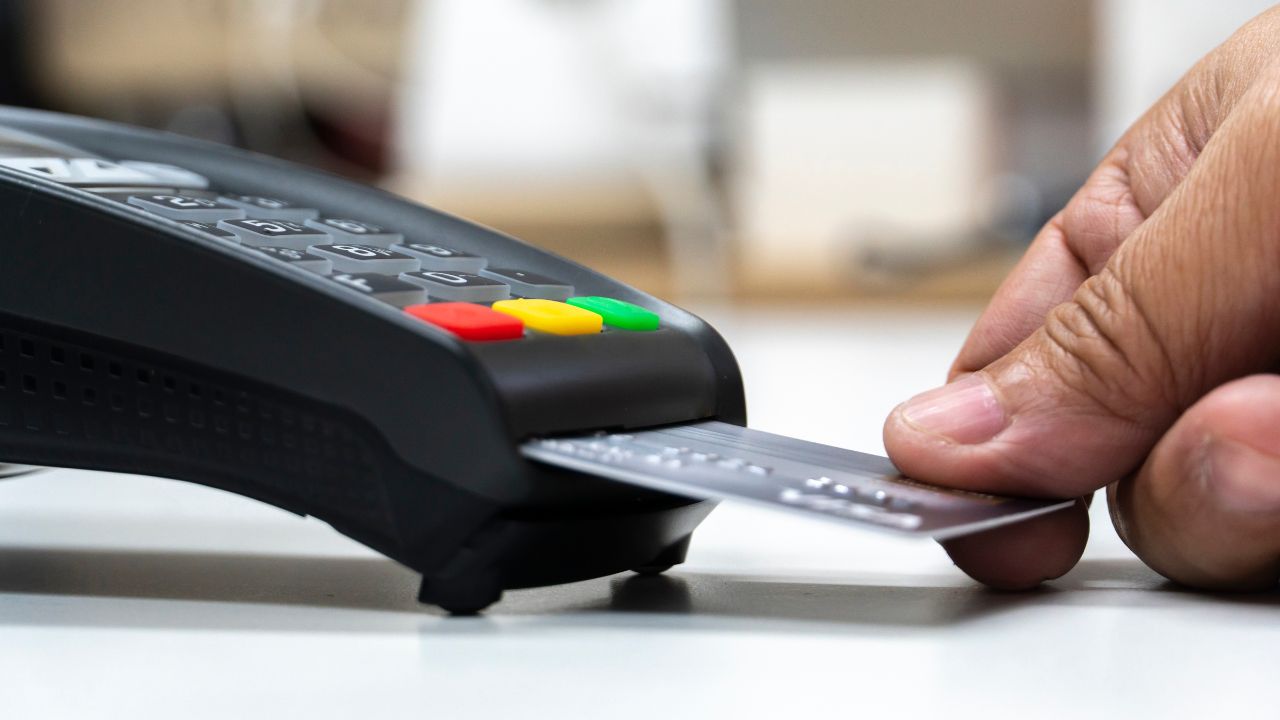
While tempting, store credit cards often come with high-interest rates. They can lead to a cycle of debt if not managed carefully. Remember, a discount today isn’t worth high-interest charges tomorrow.
16. Eating Healthy on a Budget

Eating cheaply doesn’t have to mean unhealthy. Prioritize nutritious, whole foods. Plan and prep meals to save money without compromising your health.
17. Judicious Use of Group Discount Sites

Group discount sites can offer great deals but can also lead to impulsive buying. Use them strategically for items you genuinely need or activities you were already planning.
18. Investing in Energy Efficiency
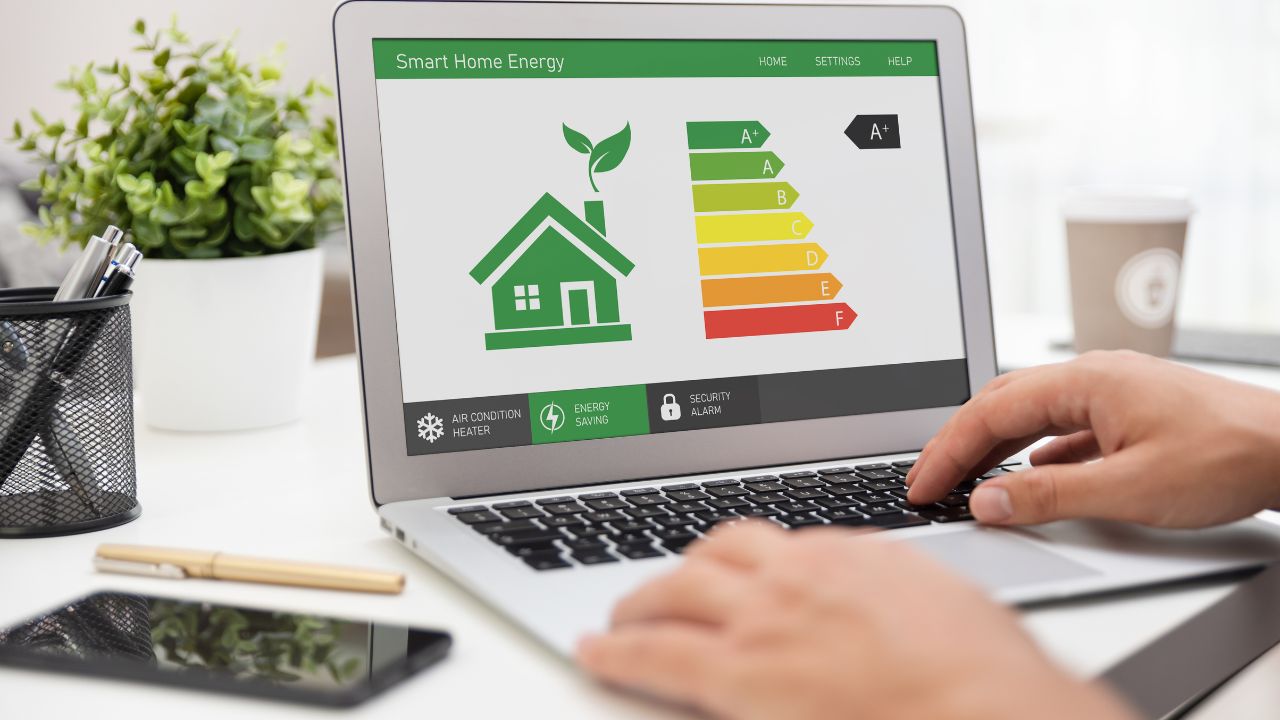
Energy-efficient appliances may cost more upfront, but they save money in the long run. Consider the total cost of ownership, including energy consumption, when making purchases.
19. Balancing Fitness and Finances

Cancelling a gym membership makes sense if you can maintain an active lifestyle through other means. Remember, your physical fitness is crucial, especially in a survival scenario.
20. Understanding Adjustable-Rate Mortgages

ARM loans might seem appealing initially, but be aware of potential cost increases. Fixed-rate mortgages offer predictability, a valuable trait in uncertain times.
21. The Homeownership Decision

Buying a house is a significant decision. It’s a good investment only if you plan to stay long enough to offset the initial costs. As preppers, we value stability, so consider your long-term plans before making such a large commitment.
22. The Risks of Self-Medicating

Self-medicating to save on medical bills is a dangerous gamble. Incorrect treatment can worsen health issues and lead to higher costs. Always consult a professional for health concerns.
23. Balancing Savings and Quality of Life

While it’s important to save money, neglecting all forms of recreation can impact your mental and physical health. Balance frugality with activities that bring joy and relaxation.
24. Avoiding the Debt Trap of Payday Loans
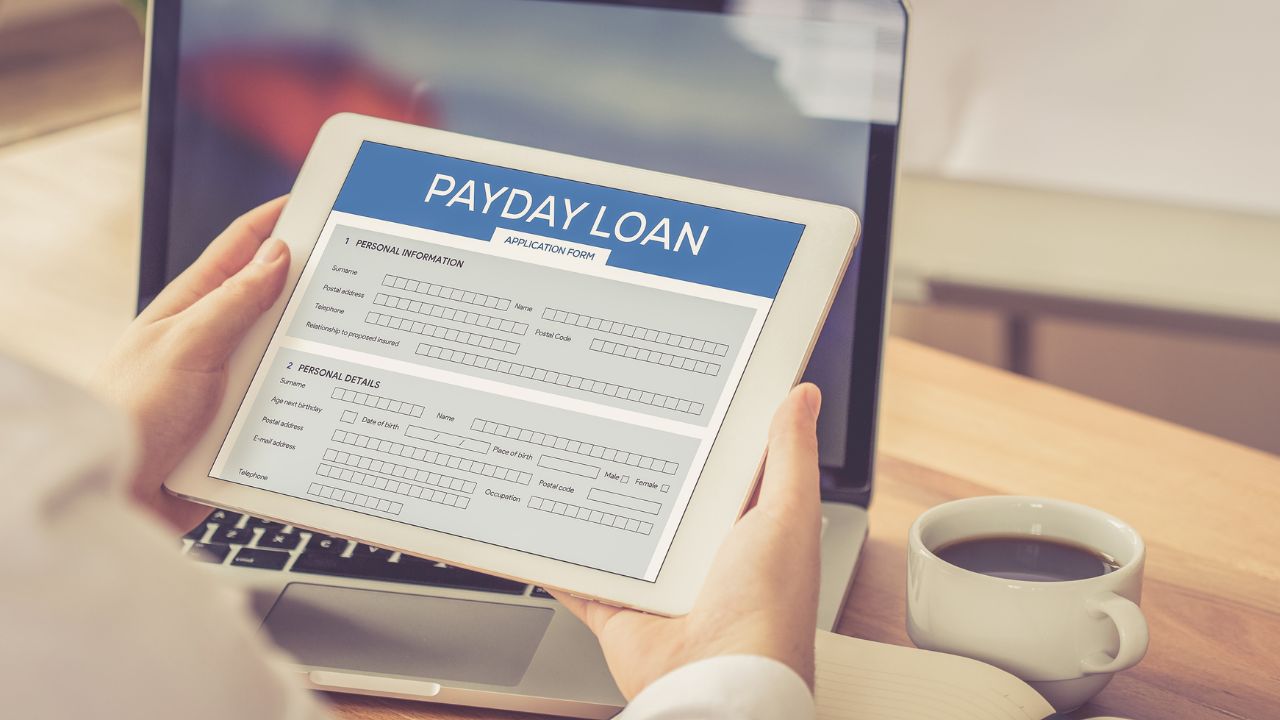
Payday loans may seem like a quick solution, but their high interest rates can lead to a cycle of debt. Avoid these loans and seek more sustainable financial solutions.
25. Diversifying Beyond Savings Accounts
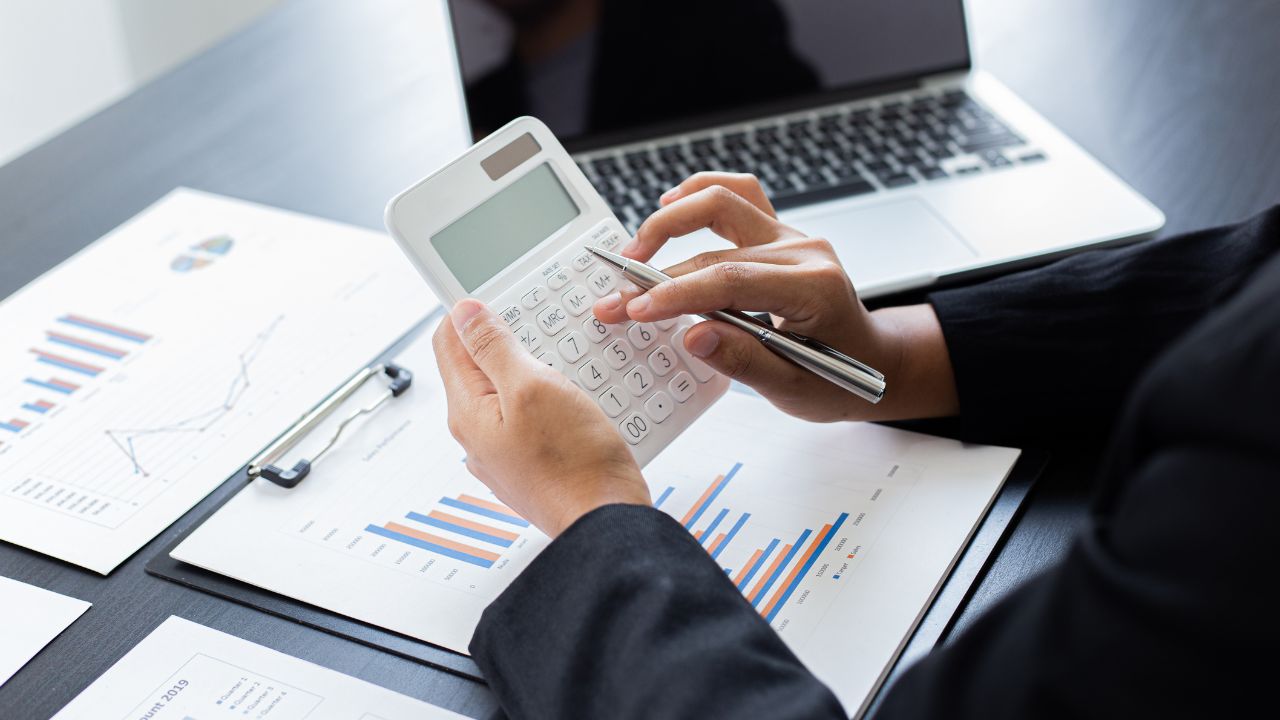
While saving is crucial, diversifying your investments can yield higher returns. Don’t rely solely on low-interest savings accounts; consider other investment opportunities that align with your risk tolerance and financial goals.
20 Crucial Supplies for Surviving a Societal Collapse

In the face of uncertainty, being well-prepared gives you at least some degree of control and security. The thought of a societal collapse, while extreme, prompts us to consider how we might endure without the conveniences of our current lifestyle. Here’s a list of 20 essential items that could prove indispensable in such a scenario. This guide isn’t about succumbing to fear but embracing preparedness and resilience.
14 Essential Canned Goods for Your Emergency Pantry
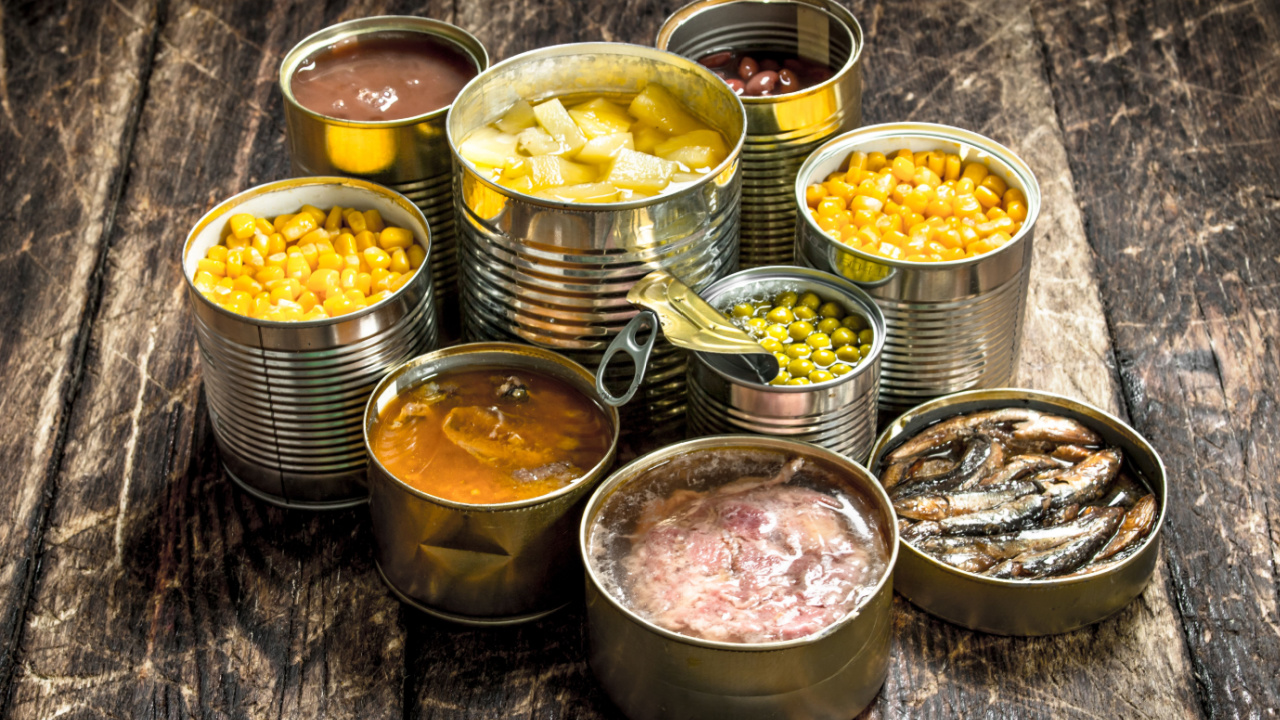
I firmly believe in keeping a well-stocked emergency pantry. While fresh food is ideal, in a survival situation, we may not be that lucky. So, for my family, even though we grow a lot of our own food, canned goods play a crucial role in emergency preparedness. They offer a reliable source of nutrition when access to fresh produce may be limited. The goods you stockpile should be affordable, easy to store, and full of nutrition.
Best Regions in the U.S. to Escape to When Society Collapses
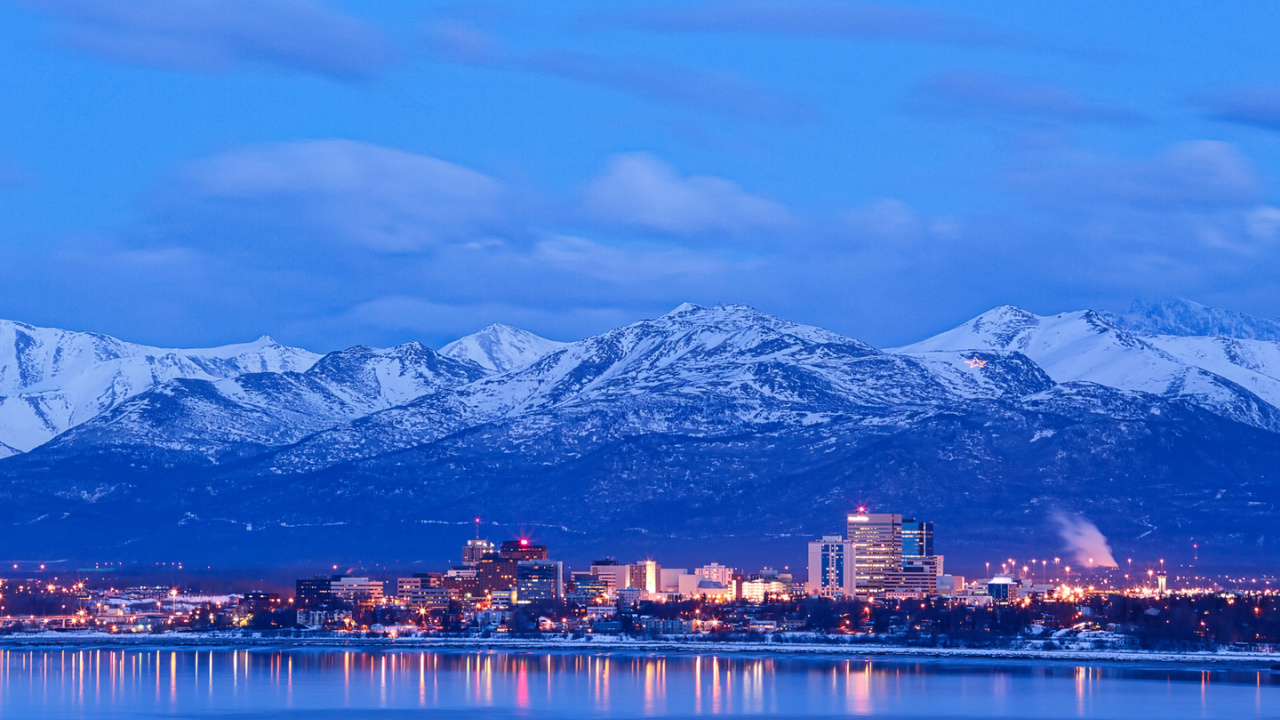
Choosing a refuge in the event of societal collapse involves weighing the pros and cons of each location against your personal preparedness goals and abilities. Whether you’re drawn to the solitude of the desert or the protective heights of the mountains, the key is finding a place that offers safety and the opportunity for growth and renewal.
Katy Willis is a writer, lifelong homesteader, and master herbalist, master gardener, and canine nutritionist. Katy is a preparedness expert and modern homesteader practicing everyday preparedness, sustainability, and a holistic lifestyle.
She knows how important it is to be prepared for whatever life throws at you, because you just never know what's coming. And preparedness helps you give your family the best chance to thrive in any situation.
Katy is passionate about living naturally, growing food, keeping livestock, foraging, and making and using herbal remedies. Katy is an experienced herbalist and a member of the CMA (Complementary Medical Association).
Her preparedness skills go beyond just being "ready", she's ready to survive the initial disaster, and thrive afterward, too. She grows 100% organic food on roughly 15 acres and raises goats, chickens, and ducks. She also lovingly tends her orchard, where she grows many different fruit trees. And, because she likes to know exactly what she's feeding her family, she's a seasoned from-scratch cook and gluten-free baker.
Katy teaches foraging and environmental education classes, too, including self-sufficient living, modern homesteading, seed saving, and organic vegetable gardening.
Katy helps others learn forgotten skills, including basic survival skills and self-reliance.
She's been published on sites such as MSN, Angi, Home Advisor, Family Handyman, Wealth of Geeks, Readers Digest, and more.
